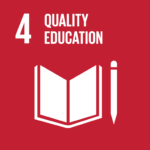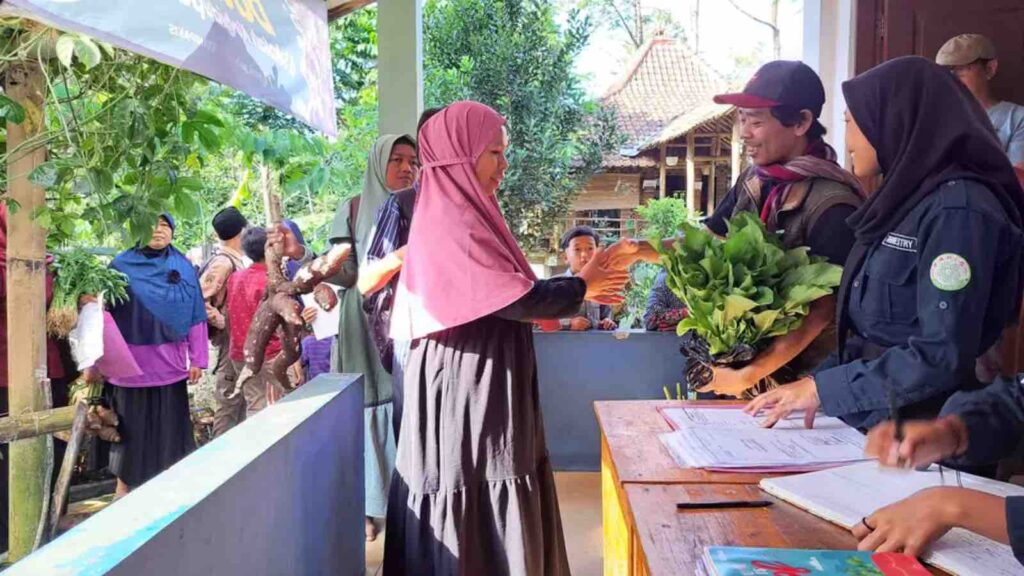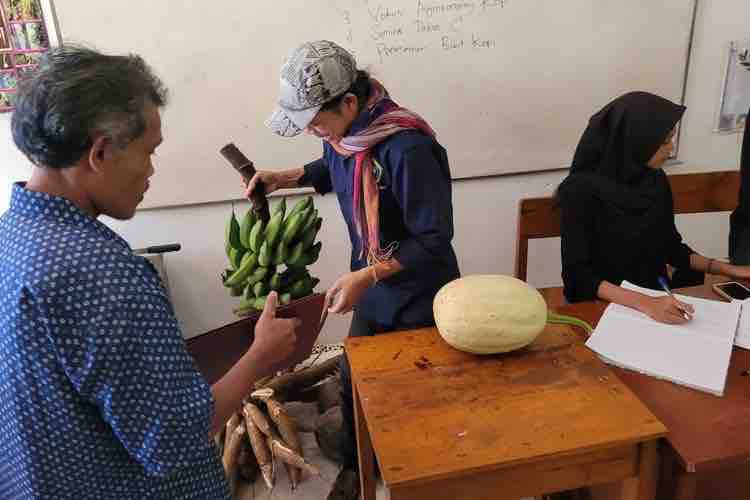The Madrasah Tsanawiyah (MTs) Pakis, a middle school in Gunung Lurah, Cilongok, Banyumas, has implemented a unique policy: students can pay their re-enrollment fees with agricultural produce instead of money.
In a remote village nestled on the slopes of Mount Slamet in Central Java, Indonesia, an innovative approach to education is taking root. The Madrasah Tsanawiyah (MTs) Pakis, a middle school in Gunung Lurah, Cilongok, Banyumas, has implemented a unique policy: students can pay their re-enrollment fees with agricultural produce instead of money.
RELEVANT SUSTAINABLE GOALS



Madrasah Tsanawiyah (MTs) Pakis
This agroforestry-based school, established in 2013, aims to provide educational opportunities to children from low-income families living on the forest’s edge. Isrodin, the school’s principal, explains, “This produce serves as a bond, showing that every village child deserves the opportunity for proper education.”
MTs Pakis, which has graduated about 200 students since its inception, follows the curriculum of MTs Maarif NU 2 Cilongok. The school began as an alternative education initiative by community learning activists concerned about forest-edge children’s education.
The school’s name, “Pakis,” comes from a fern species abundant in the area, symbolizing its deep connection to the local environment. Initially operating from a simple bamboo structure, the school later received support from the Ministry of Religious Affairs for building improvements.
School Fees in exchange for their agricultural contributions
This year, 14 new students enrolled in the middle school program, while eight joined the high school equivalent program. Upon re-enrollment, students receive school supplies and books in exchange for their agricultural contributions.
Beyond standard academics, MTs Pakis offers practical life skills. Students learn about farming, animal husbandry, and biodiversity photography. “Village children must be prepared for the changing times without losing their rural identity,” Isrodin emphasizes.
The school has also created an educational tourism package, incorporating the nearby Kumpe Lake as a destination. Plans are underway to produce palm sugar with the local community, utilizing trees they’ve planted that are now ready for tapping.
Pioneering Enterprises with the Community
MTs Pakis relies heavily on volunteers, many of whom are university students or alumni from Purwokerto. These dedicated individuals, along with expert volunteers in various fields, provide both teaching and guidance for the school’s productive activities.
To cover operational costs, the school community has initiated several business ventures. They produce Robusta coffee, which grows abundantly in the surrounding forest, and are planning to collaborate with the state forestry company Perhutani to develop a coffee plantation demonstration plot.
This innovative approach to education not only makes schooling accessible to underprivileged rural children but also equips them with practical skills rooted in their local environment. As MTs Pakis continues to evolve, it stands as a unique model of how education can be tailored to local needs and resources, potentially offering valuable lessons for other rural communities facing similar challenges.
You may also be interested in :
Aceh’s Keuneunong Tradition: An Ancient Wisdom For Predicting Weather and Change




